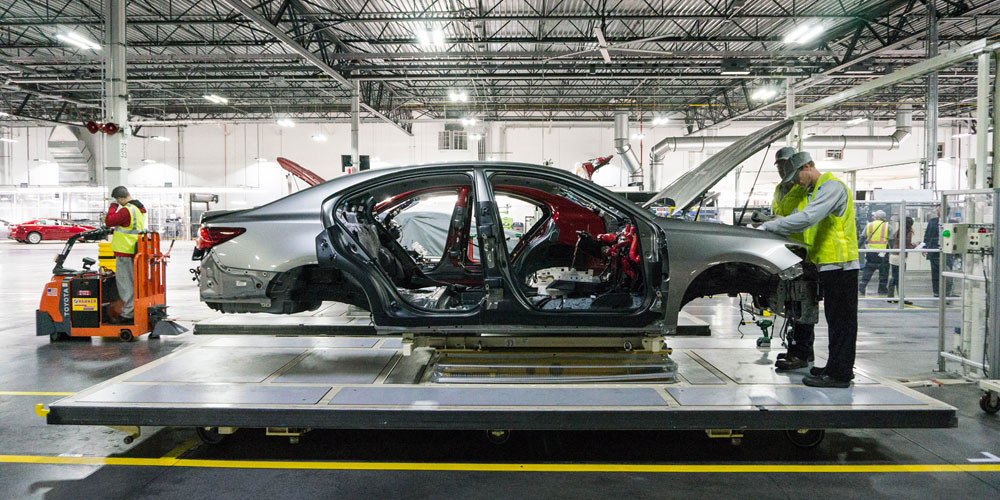According to Bloomberg, Lexus is considering the assembly of ES sedans in India:
To be sure, assembly isn’t the same thing as full manufacturing. The current proposal centers on knock-down kits — collections of pre-made parts designed for assembly in destination markets that have been a part of the global auto industry for a century.
That would mean a smaller local component to manufacturing, although even with complete knock-downs some elements such as paint tend to be added in the end-market.
Such kits would attract duties of only 30 percent to 40 percent, compared to more than 100 percent for imports of finished cars, the Mumbai-based Economic Times reported last October after rumors of such an arrangement surfaced.
This is would be a dramatic shift in manufacturing strategy for Lexus, especially when the brand has only just started selling vehicles in India and have a projected 2018 sales target of 300 units. In contrast, Lexus sold 131,000 vehicles in China last year and have resisted the benefits of local manufacturing due to a perceived quality issue.


Comments